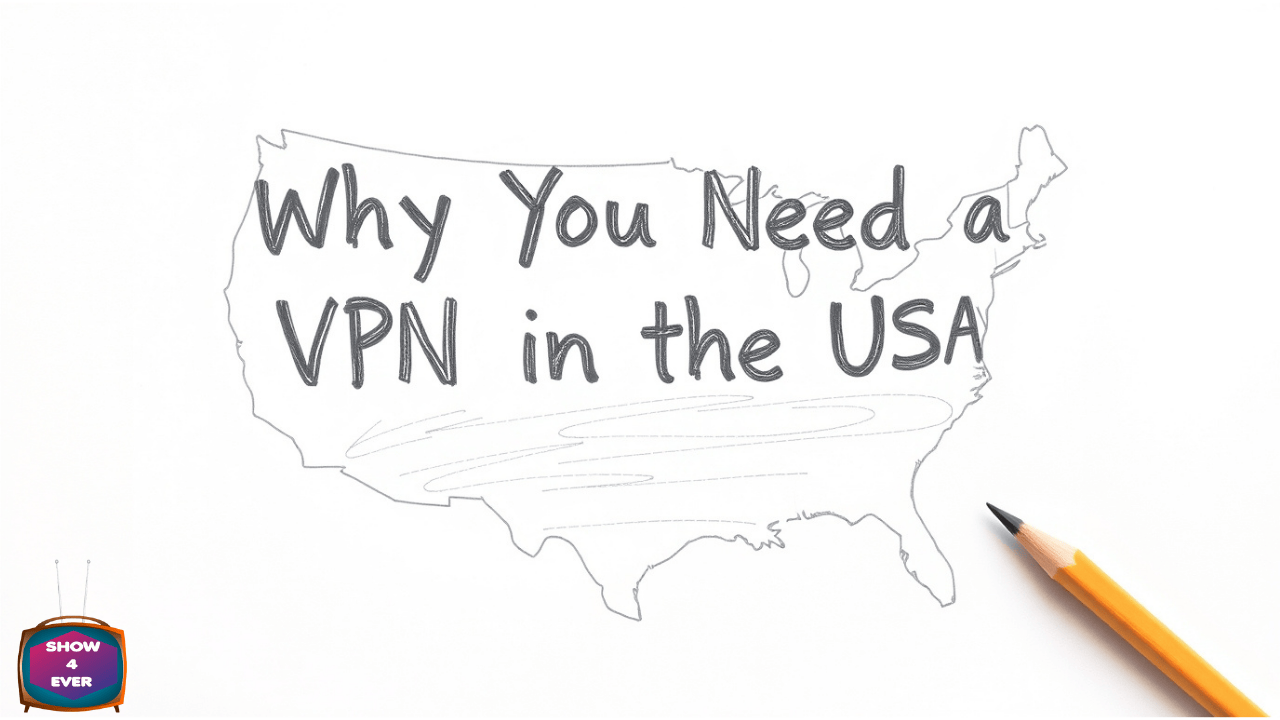Can IPTV be tracked?

IPTV that is Internet Protocol Television has become one of the emerging trend of broadcasting, where people have shifted their focus for its usability, versatility and reasonable price.
A typical inquiry emerging from users supplementing IPTV is whether IPTV can be tracked? Thus, it is significant for those with the intention of attaining the best of IPTV to comprehend what it means to be tracked concerning IPTV services.
In this regard, IPTV service providers rely on the usage of the internet on television, which implies a certain measure of data transmission and reception.
This therefore implies that, technically, usage of IPTV can be monitored. The degree of tracking varies depending on many aspects: the type of the IPTV service, policies of the users’ IPTV provider and, of course, efforts of the users aimed at the preservation of their privacy.
First of all, legal IPTV services, which function according to legal regulation and have a license, can demand registration and charge for the service.
It is mainly used in managing of accounts, to personalize the user, experience and for legal purposes in collecting information.
Although this data collection tends to be obvious and often regulated by policies concerning user privacy, it is always important to evaluate these policies in order to determine how the user’s data is being utilised.
On the other hand, some IPTV channels are however broadcast through unregulated or what is referred to as grey IPTV services.
These services, most of the time work without appropriate permissions and can therefore be in a legal ambiguity.
A friend using such service may be more conscious of tracking since such providers may not be very selective on privacy. Also, unlicensed IPTV services can be dangerous in legal sense because authorities monitor and punish unauthorized streaming services.
The utilization of IPTV can be tracked in the following ways, and one of them is through a computer’s IP address. Each of the devices that are connected to the internet and those that are used in IPTV has its identity number, the IP address.
ISPs can also observe Internet Protocol addresses and the kind of traffic passing through the entities’ networks.
It also means that they can monitor when a user is streaming IPTV contents especially if the data volumes are big.
In some of the areas ISPs may limit the access bandwidths or report the misconduct to the respective authorities.
To make one’s actions less traceable, people resort to using the services of Virtual Private Networks or VPN.
VPN encapsulates data connection and hides the identity of the user hence making it hard for the ISP and other authorities to monitor the use of IPTV.
Probably for users in search of the best IPTV services, it is advisable to use the most recommended VPN services.
Using it – on the one hand, contributes to the ignoring of certain geographic restrictions in IPTV channels; on the other – guarantees the confidentiality of streaming actions.
Another feature that complicates the situation is that some of the IPTV services incorporate DRM to prevent piracy.
DRM can know consumers’ habits for the purpose of monitoring their compliance with the agreements governing license purchase.
While it may cause a disagreeable feeling the idea is quite justifiable to prevent piracy and ensure that consumers have access to high quality produce.
IPTV users’ experiences revealed in this chapter demonstrate that the topic of tracking is approachable but has diverse outcomes depending on the enthusiast.
Some of the clients suggest that after using specified IPTV services, they receive warning letters from their ISPs, whereas others have not faced any problems by using VPN connection.
These stories portray the need to have legal realities in mind and how one should act to ensure that they are safe from such incidents.
IPTV users who still want to watch IPTV channels with no tracking, then it is advised that you should make sure to use only licensed IPTV services.
Besides, these services are a rich source of various types of material of good quality and have clear and easily accessible privacy statements and customer service information.
This way, the subscribers of the chosen IPTV service can relax and follow the shows leaving the problem of their misconduct to the legal actions against the system.
In conclusion, since IPTV is based on internet-streaming and, therefore, can be easily traced, users have several possibilities to increase their anonymity.
Applying VPN, knowing more information about the IPTV privacy and not subscribing to the unlicensed services are some main strategies.
As a result, the consumer is fully aware of the channels they want to watch and gets the best IPTV experience with virtually no tracking of their personal details to jeopardize their security.
















Post Comment